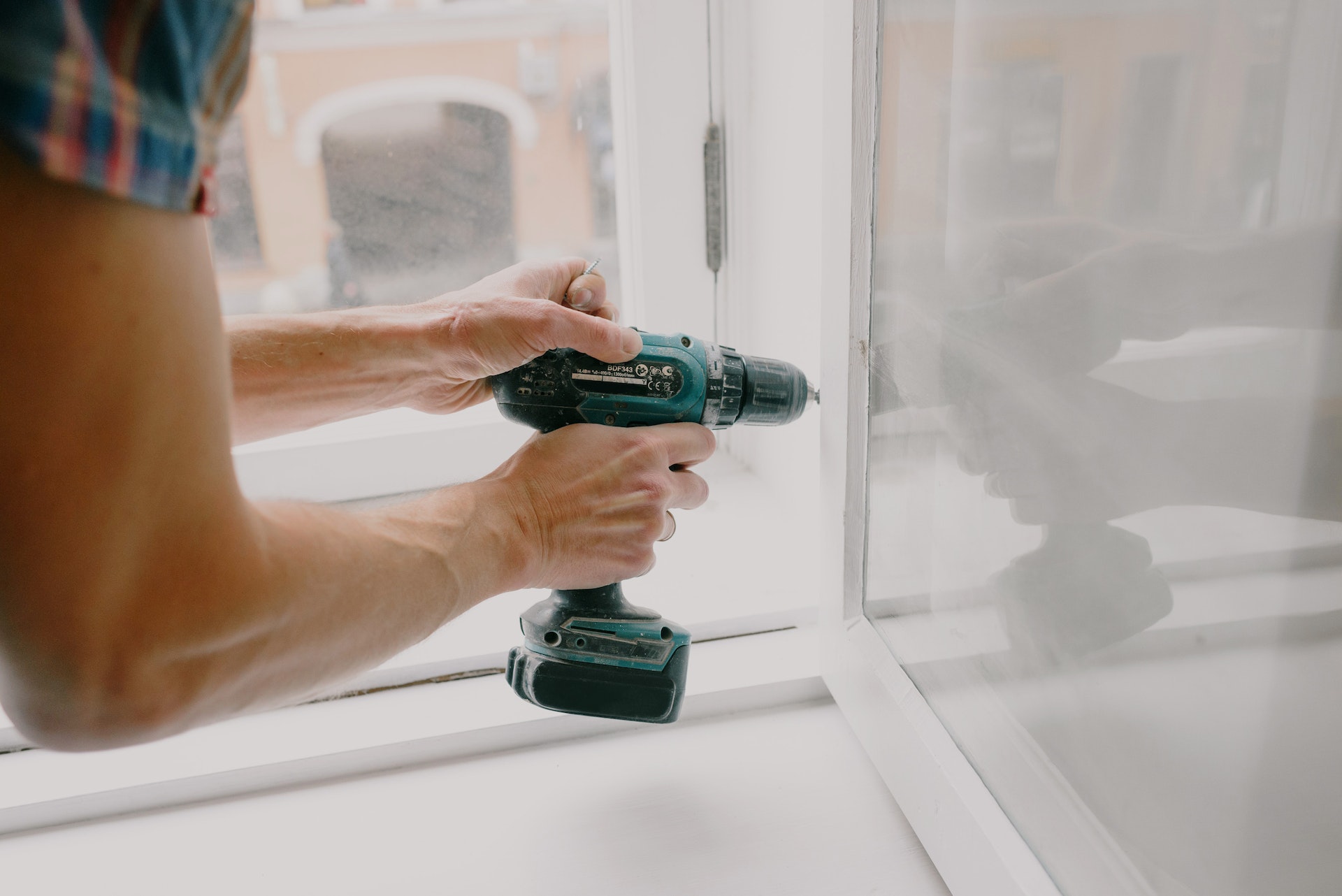What are disputes involving CAM charges and alterations?
Disputes involving common area maintenance (CAM) charges and alterations often arise in Florida commercial landlord/tenant leasing. These disputes typically involve disagreements over the allocation of expenses for maintaining and repairing shared spaces in commercial properties, such as parking lots, walkways, and common areas. In addition, the lease agreement usually outlines the responsibilities of the landlord and tenant for CAM charges, which can lead to disputes if the terms are ambiguous or the parties disagree about their respective obligations.
Need a commercial leasing advocate? Schedule your consultation today with a top commercial landlord/tenant leasing attorney.
Which laws and regulations apply to disputes involving CAM charges and alterations in Florida?
In Florida, the primary source of law governing commercial landlord/tenant relationships and disputes involving CAM charges and alterations is the Florida Statutes Chapter 83, Part I (2022 version), which covers “Nonresidential Tenancies.” This chapter sets forth the rights and obligations of commercial landlords and tenants, including provisions related to CAM charges and alterations.
Additionally, the specific terms of the lease agreement between the landlord and tenant play a crucial role in determining the parties’ rights and responsibilities regarding CAM charges and alterations. For example, lease provisions may address the allocation of CAM expenses, the tenant’s right to audit CAM charges, and any required procedures for requesting and obtaining approval for alterations.
In a dispute, the parties may also turn to Florida case law, which may guide interpreting lease provisions and resolving disputes related to CAM charges and alterations. In addition, court decisions can help clarify the obligations of landlords and tenants under the lease agreement and inform the parties’ rights in litigation or alternative dispute resolution.
How do disputes involving CAM charges and alterations commonly lead to litigation between commercial landlords and tenants?
The following issues commonly lead to litigation:
- Ambiguous lease provisions: Lack of clarity in lease terms, including CAM charge calculations, may lead to misunderstandings between parties.
- Disagreements over CAM expenses: Tenants may dispute whether certain expenses are actually common area maintenance costs. Disputes may arise over the allocation of costs among tenants, leading to litigation.
- Alterations and improvements: Lease provisions regarding approval of tenant alterations and enhancements may be contentious. Conflicts can arise if landlords refuse to grant consent or require tenants to return the property to its original condition.
- Failure to maintain common areas: Tenants may claim that landlords are not fulfilling their maintenance obligations.
When a set of facts is appropriate for legal intervention, there are many paths a claimant may take. We are value-based attorneys at Jimerson Birr, which means we look at each action with our clients from the point of view of costs and benefits while reducing liability. Then, based on our client’s objectives, we chart a path to seek appropriate remedies.
To determine whether your unique situation may necessitate litigation or another form of specialized advocacy, please contact our office to set up your initial consultation.
How should counsel for commercial landlords draft, review, and negotiate a lease that mitigates litigation risks?
Counsel should consider the following to protect their clients:
- Clear lease provisions: To avoid misinterpretations, draft lease terms with specificity, particularly regarding CAM charges and alterations. Define CAM costs and provide an exact calculation method.
- Transparency in CAM charges: Provide tenants with an itemized list of CAM expenses, including descriptions and allocation methods. Regularly update tenants on CAM fees.
- Reasonable consent for alterations: Establish clear and reasonable guidelines for tenant alterations and improvements. Include a process for obtaining landlord consent and set timeframes for decisions.
- Maintenance obligations: Specify both landlord and tenant responsibilities for maintaining common areas. Clarify procedures for addressing maintenance requests and emergencies.
- Dispute resolution mechanisms: Incorporate alternative dispute resolution (ADR) methods, such as mediation or arbitration, to address disputes before litigation.
Please contact our office to set up your initial consultation to see what forms of intellectual property protection may be available for your unique situation.
Frequently Asked Questions
- What are common area maintenance charges (CAM charges)?
CAM charges are fees tenants pay their landlords to cover the costs of maintaining and operating common areas of a commercial property, such as hallways, lobbies, parking lots, and roofs.
- What is an alteration?
An alteration is any change to the physical structure of a property, which could include anything from painting the walls to adding a new room.
- What is the landlord’s responsibility for alterations?
The landlord is responsible for making all necessary repairs to the property. However, the landlord is not responsible for alterations requested by the tenant.
Have more questions about how commercial leasing could impact your business?
Crucially, this overview of disputes involving CAM charges and alterations does not begin to cover all the laws implicated by this issue or the factors that may compel the application of such laws. Every case is unique, and the laws can produce different outcomes depending on the individual circumstances.
Jimerson Birr attorneys guide our clients to help make informed decisions while ensuring their rights are respected and protected. Our lawyers are highly trained and experienced in the nuances of the law, so they can accurately interpret statutes and case law and holistically prepare individuals or companies for their legal endeavors. Through this intense personal investment and advocacy, our lawyers will help resolve the issue’s complicated legal problems efficiently and effectively.
Having a Jimerson Birr attorney on your side means securing a team of seasoned, multi-dimensional, cross-functional legal professionals. Whether it is a transaction, an operational issue, a regulatory challenge, or a contested legal predicament that may require court intervention, we remain tireless advocates at every step. Being a value-added law firm means putting the client at the forefront of everything we do. We use our experience to help our clients navigate even the most complex problems and come out the other side triumphant.
If you want to understand your case, the merits of your claim or defense, potential monetary awards, or the amount of exposure you face, you should speak with a qualified Jimerson Birr lawyer. Our experienced team of attorneys is here to help. Call Jimerson Birr at (904) 389-0050 or use the contact form to schedule a consultation.

We live by our 7 Superior Service Commitments
- Conferring Client-Defined Value
- Efficient and Cost-Effective
- Accessibility
- Delivering an Experience While Delivering Results
- Meaningful and Enduring Partnership
- Exceptional Communication Based Upon Listening
- Accountability to Goals











